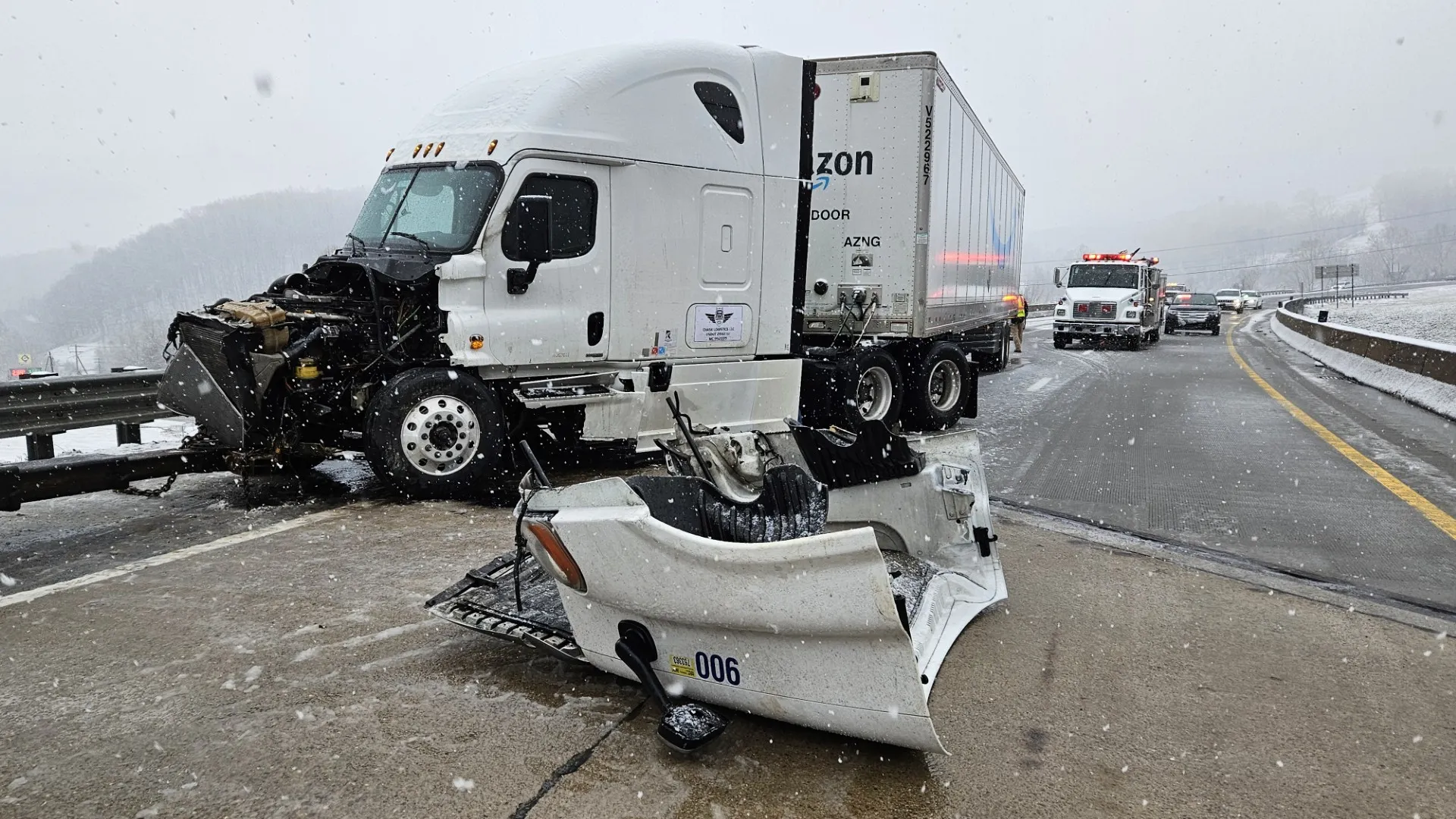Introduction: Why Timing Matters in Car Accident Settlements
After a car accident, one of the first questions people ask is about the car accident settlement timeline. You need money for medical bills, lost wages, and other expenses. Understanding how long the process takes helps you plan your finances and know what to expect.
The car accident settlement timeline varies greatly depending on your injuries, who was at fault, and how willing the insurance company is to cooperate. Some cases settle in a few months, while others can take years. Knowing the typical timeline helps you make better decisions about your case.
Most people want their settlement as quickly as possible, but rushing can cost you money. Insurance companies often make low initial offers hoping you’ll accept quickly. Understanding the normal timeline helps you be patient and get the compensation you deserve.
What Is a Car Accident Settlement Timeline?
A car accident settlement timeline is the period from when your accident happens until you receive your settlement check. This process involves several steps that must happen in order. Each step takes time, and some can’t begin until others are finished.
The timeline starts immediately after your accident with medical treatment and reporting the crash. It includes investigating what happened, calculating your damages, negotiating with insurance companies, and finalizing the agreement. Each case is different, but most follow the same basic steps.
Understanding this timeline helps you know when to expect progress in your case. It also helps you understand why your lawyer or insurance adjuster might ask you to wait before moving to the next step.

Step-by-Step Breakdown of the Settlement Process
Seeking Medical Care
The first step in any car accident case is getting medical attention. This happens right after the accident and continues throughout your recovery. You can’t calculate your final settlement until doctors know the full extent of your injuries.
Medical treatment creates the foundation for your entire case. The records show what injuries you suffered and how much treatment you needed. Insurance companies need this information to evaluate your claim properly.
Some injuries don’t show symptoms right away. What seems like a minor accident might involve serious injuries that don’t appear for days or weeks. This is why doctors often recommend follow-up care even when you feel okay initially.
Investigating the Case
Once you’ve received initial medical care, the investigation begins. This involves gathering evidence about how the accident happened and who was responsible. The investigation includes police reports, witness statements, photos, and sometimes accident reconstruction.
A Personal Injury Law Firm will typically handle this investigation if you hire an attorney. They know what evidence is important and how to gather it properly. Insurance companies also do their own investigations to determine fault and liability.
The investigation stage is crucial because it determines how much responsibility each driver bears for the accident. In some states, if you’re partially at fault, your settlement amount decreases based on your percentage of responsibility.
Sending a Demand Letter
After your medical treatment is complete and the investigation is finished, your attorney sends a demand letter to the insurance company. This letter explains what happened, details your injuries and expenses, and requests a specific settlement amount.
The demand letter is your first formal request for compensation. It includes all your medical records, bills, proof of lost wages, and documentation of how the accident affected your life. This comprehensive package gives the insurance company everything they need to evaluate your claim.
Insurance companies typically have 30 to 60 days to respond to a demand letter. They might accept the demand, reject it, or make a counteroffer. Most cases involve several rounds of negotiation after the initial demand.
Negotiating with Insurance
Negotiation is often the longest part of the injury settlement process. Insurance companies rarely accept the first demand, and claimants usually don’t accept the first offer. Both sides go back and forth trying to reach an agreement.
During negotiations, your Auto Accident Attorney presents evidence supporting your claim value while the insurance company tries to minimize their payout. This process can involve multiple phone calls, letters, and meetings over several weeks or months.
Good negotiation takes time because both sides need to review evidence, consult with experts, and consider different settlement amounts. Rushing this process often results in accepting less money than your case is worth.
Reaching a Settlement or Filing a Lawsuit
Most car accident cases settle during negotiations without going to court. When both sides agree on an amount, they sign a settlement agreement and the insurance company sends payment. This is the fastest way to get settlement check in most cases.
If negotiations fail, your attorney might file a lawsuit. This doesn’t mean your case will go to trial, but it shows the insurance company you’re serious about getting fair compensation. Many cases settle even after a lawsuit is filed.
The car accident lawsuit timeline is much longer than settling out of court. Court cases can take one to three years or more, depending on the court’s schedule and the complexity of your case.
How Long Does Each Stage Usually Take?
Minor Injury Cases
For minor injuries that heal quickly, the entire settlement process typically takes 3 to 6 months. These cases involve straightforward medical treatment, clear fault determination, and cooperative insurance companies.
The average time for car accident claim payout in minor cases is around 4 months from the accident date. Medical treatment might take 4 to 8 weeks, investigation another 2 to 4 weeks, and negotiations 1 to 2 months.
Simple cases with minor injuries and clear fault can sometimes settle in as little as 6 to 8 weeks. However, this is only possible when the injured person reaches maximum medical improvement quickly and the insurance company makes a fair initial offer.
Moderate Injuries
Cases involving moderate injuries typically take 6 months to 1 year to settle. These cases require more extensive medical treatment, longer recovery times, and more complex damage calculations.
Moderate injury cases often involve surgery, physical therapy, or extended time off work. You can’t finalize the settlement until your medical treatment is complete and doctors can predict your long-term prognosis.
The investigation in moderate cases might also take longer, especially if fault is disputed or multiple vehicles were involved. More complex cases require more time to gather evidence and build a strong claim.
Complex or Severe Cases
Severe injury cases can take 1 to 3 years or longer to resolve. These cases involve permanent disabilities, ongoing medical treatment, and high settlement values that insurance companies fight hard to avoid paying.
Complex cases might require expert witnesses, accident reconstruction specialists, and extensive medical evaluations. All of this takes time to arrange and complete properly.
Car accident settlements for severe injuries are often much larger, so insurance companies investigate more thoroughly and negotiate more aggressively. They know that paying out hundreds of thousands or millions of dollars requires careful consideration.
What Causes Delays in Car Accident Settlements?
Several factors can slow down your settlement timeline. Disputed fault is one of the biggest causes of delays. When both drivers claim the other was responsible, insurance companies must investigate thoroughly before accepting liability.
Incomplete medical treatment also causes delays. You can’t settle your case until your injuries have healed as much as possible. If you’re still receiving treatment or might need surgery, the insurance company will wait to see your final medical condition.
Uncooperative insurance companies can drag out the process by making unreasonably low offers, requesting excessive documentation, or delaying responses to communications. Some companies use delay tactics hoping you’ll accept a low offer because you need money quickly.
Missing or incomplete documentation slows down cases too. If you don’t have all your medical records, proof of lost wages, or evidence about the accident, gathering this information takes additional time.
How to Speed Up the Settlement Process
To speed up your settlement, start by getting medical attention immediately after your accident. Don’t delay treatment or skip follow-up appointments. Complete medical records help insurance companies evaluate your claim faster.
Keep detailed records of everything related to your accident and injuries. Save all medical bills, take photos of your injuries and vehicle damage, and document how your injuries affect your daily life. Having organized records speeds up the evaluation process.
Respond quickly to requests from your attorney or insurance adjuster. When they need additional information or documentation, providing it promptly keeps your case moving forward. Delays in getting information cause delays in your settlement.
Consider hiring a Car Accident Lawyer early in the process. Experienced attorneys know how to present cases efficiently and can often resolve issues that might otherwise cause delays.
Why Hiring a Car Accident Lawyer Helps You Settle Faster
A Car Accident Lawyer can actually speed up your settlement timeline in many cases. They know exactly what documentation insurance companies need and can gather it efficiently. They also understand the legal requirements and can avoid mistakes that cause delays.
Attorneys have established relationships with insurance adjusters and know how each company typically handles claims. This knowledge helps them present cases in ways that facilitate faster evaluations and negotiations.
While you might worry about Car Accident Lawyer Fees slowing down your case, most attorneys work on contingency and are motivated to settle your case as quickly as possible while maximizing your compensation. They don’t get paid until you do.
Lawyers can also credibly threaten to file a lawsuit if negotiations stall. Insurance companies know that attorneys will follow through on this threat, which often motivates them to make reasonable settlement offers more quickly.
Conclusion: Be Smart, Be Patient, and Know What to Expect
Understanding the car accident settlement timeline helps you set realistic expectations for your case. While you naturally want your settlement as quickly as possible, remember that patience often leads to better results.
The timeline for settling your case depends on many factors, including your injuries, the complexity of your accident, and how cooperative the insurance company is. Most cases settle within 6 months to 1 year, but some take longer.
Focus on getting proper medical treatment and documenting your case thoroughly rather than rushing to settle. Working with an experienced attorney can help ensure your case moves as quickly as possible while still getting you the compensation you deserve.
Remember that the car accident settlement timeline is just one factor to consider. Getting fair compensation for your injuries and losses is more important than getting money quickly. Be patient, follow the process, and trust that good preparation leads to better outcomes.
FAQs
Can a car accident case settle in 30 days? While rare, simple cases with minor injuries and clear fault can sometimes settle within 30 days. However, most cases take at least 2-3 months because you need time to complete medical treatment and properly document your damages.
What’s the average time for a settlement check to arrive? Once you accept a settlement offer, the check typically arrives within 2-6 weeks. The insurance company needs time to prepare the paperwork, get approvals, and process the payment through their accounting systems.
Do court cases take longer than out-of-court settlements? Yes, cases that go to court typically take 1-3 years compared to 3-12 months for out-of-court settlements. Court schedules, discovery processes, and trial preparation all add significant time to the resolution.
Will my case go faster if I hire a lawyer? Often yes, because lawyers know the process and can avoid common delays. They can gather documentation efficiently, communicate effectively with insurance companies, and keep your case moving through each stage of the settlement process.
Can I get a partial payment before the full settlement? In rare cases, insurance companies might make partial payments for clear expenses like medical bills. However, most settlements are paid as a single lump sum after the final agreement is signed. Taking partial payments can sometimes reduce your final settlement amount.






